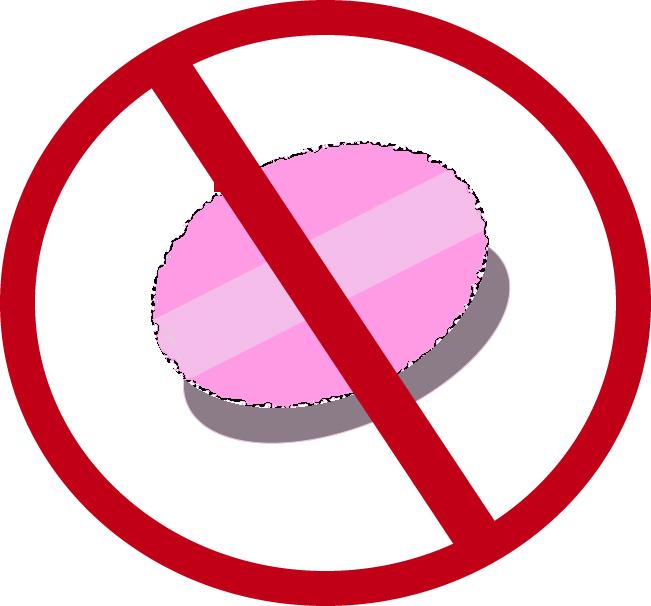Traditionally each March or April, the school hosts Spring Fling week, featuring events like rallies, the Spring Fling dance and powderpuff football. Powderpuff, featuring female players and male cheerleaders, has been a long celebrated tradition dating back past the ‘90s here.
This year, commendably, the name has at least been changed to flag football instead of powerpuff.
As we reestablish these events and traditions after the online school year, it is important to reflect on how they come across in context of the changing nature of gender roles in today’s society.
Powderpuff was first created around the early 1930s or 1940s, but did not pick up in popularity until the 1970s in the wake of Title IX. It became an ongoing trend in high schools and continues to be a popular tradition throughout the U.S.
Gender demographics in sports today, however, differ greatly from what they were in the 70s. The percentage of high school sports played by girls increased from 24.2% in 1973 to 42.9% in 2018 and continues to grow. At SHS, girls now play sports that traditionally have only seen male participation, such as football and wrestling. Think of the four female wrestlers who went to CCS this year or the girls who have played on the football team in recent years.
While powderpuff may have been relevant toward encouraging women to participate in sports when it was first introduced decades ago, it no longer holds the same intention.
The name “powderpuff” originates from a makeup tool used by women in the 1940s, which was essentially a fluffy cotton ball. Naming the sport after this makeup item reinforces typical stereotypes of femininity and perpetuates the idea that women are fragile or weaker than men, as well as the idea that only women can wear makeup or behave in certain ways.
This is further depicted in the other aspect of powderpuff, in which male students dress up as cheerleaders. Cheerleading is commonly seen as a feminine sport, if considered a sport at all, and this aspect of powderpuff seems to mock the idea of participating in more female-dominated activities. The way female students playing football and male students cheering are treated as spectacles not only fortify stringent gender stereotypes, but also discourage students from pursuing more interests deemed to be typical of their gender identity.
Just as significantly, nonbinary or transgender students may feel excluded or conflicted due to the strict implicit gender guidelines of the game. Simply put, the idea of powderpuff feels outdated.
However, there is no need to completely get rid of a fun flag football event altogether. The school’s change this year in renaming the event to “Falconpuff” is a step forward, although it should advertise it as such instead of continuing to promote it using the original name.
It is also now gender neutral; anyone can participate in either the flag football game or the cheerleading — another good step. The school has been working to improve its inclusivity this year with past events like the changes to the Homecoming royalty titles being gender neutral.
Altogether, these are big steps toward a more inclusive school.
























